When it comes to RV electrical systems, there’s a whole lot more than meets the eye. These systems are basically the pulse of your RV home, keeping everything from your lights to your fridge running smoothly.
But understanding the basics is where it all starts. In an RV, both AC (alternating current) and DC (direct current) power come into play. AC is what you get from plugging into a campsite, and it powers your heavier appliances. DC comes straight from your RV batteries, taking care of essentials when you’re on the road.
Speaking of those batteries, they’re not just sitting in there idly; they are workhorses, keeping the operation alive and ticking when you’re unplugged. They store power and distribute it through the RV’s electrical system to run things like lights, water pumps, and the fans in your rig. Having a keen eye on your batteries’ health is key.
Now, your RV electrical system features some important components like converters, inverters, and breakers. Converters come into play to turn AC into DC power, while inverters do the reverse for appliances that need it. Breakers keep everything in check, so they trip and shut the system down before overheating becomes a party pooper.
Another neat thing to understand is the RV’s electrical schematic. Think of it as a road map for your electricity, outlining where each wire begins and ends and what it connects to along the way. If provided by the RV manufacturer, familiarizing yourself with this can help greatly when troubleshooting issues.
And let’s not forget, understanding your system means you’re already one step ahead when pesky electrical problems come knocking. Peace of mind and smooth sailing, anyone? Of course!
Spotting the Signs: Identifying Electrical Issues in Your RV
Figuring out when your RV’s having an electrical hiccup is like tuning into tiny clues that something’s not quite right. Flickering lights? Dead outlets? Yup, those are more than just annoyances – they’re signals that parts of your system might be crying for help.
Using a multimeter can be a real game-changer in detecting power issues. This little gadget helps you measure voltage, current, and resistance. Learn the basics about how to use one because it’s pretty much your best friend when playing detective in Electrical Misterio Land.
Sometimes, it’s not so easy to tell whether the issue stems from onboard appliances or the larger electrical system. For instance, if your fridge isn’t cooling properly, it might be an appliance issue. But if several gear pieces go haywire, the problem might be bigger.
Another sign you shouldn’t overlook is the health of your batteries. If they don’t hold a charge like they used to or take forever to charge up, it’s time to consider a replacement.
Understanding whether you’re dealing with a minor eye-roll issue or something that needs professional backup is crucial. Trust me when I say that knowing your limits and when to call in the cavalry can save you lots of stress and cash.
DIY Fixes: Simple Repairs to Keep Your RV Running Smoothly
Tackling DIY electrical repairs in your RV might sound intimidating, but it’s totally doable with the right tools and a little bit of grit. Safety gear first, yeah? Gloves, safety glasses, and maybe even a voltage tester to keep those little accidents at bay.
Start small by inspecting and replacing blown fuses and tripped breakers. If your RV’s lights went out or an outlet’s acting up, these should be your first suspects. Carefully check those panels and swap out any tired fuses.
Loose connections often cause voltage drops, which means your battery’s not delivering the juice it should be. Tighten them up with a screwdriver, but make sure you’re doing it safely (unplug the RV from shore power) to avoid any sparks flying your way.
When outlets or switches start acting flaky, it may be time to troubleshoot and replace. Remove the offending piece, check for any dried-out wiring, and swap in a fresh, functioning unit. Just be sure the power’s off before you do anything.
Then, there’s upgrading or replacing your RV’s battery. Sounds like a big job but it can often be a straightforward task. Avoid common mistakes by ensuring connections are correctly done and that the battery is seated snugly in its compartment.
When to Call the Experts: Understanding Professional Help
Sometimes, you just gotta call in the pros, and that’s perfectly okay. Electrical issues that seem complex or threatening are better left to someone with experience. If there’s a burning smell, frequent breaker trips, or any sign of major malfunction, professional help is the safe bet.
A professional diagnostic goes beyond what your trusty multimeter can show. They’ll trace problems down to the root with equipment and expertise that make our DIY efforts look like child’s play. Don’t shy away if the issue feels beyond your toolkit.
Routine maintenance is another pro domain. Regular checkups stop more significant issues from cropping up later down the line. Invest some in these checks to dodge pricier repairs.
Search Out an RVIA Technician!
Finding the right RV Technician means hunting for credibility and experience. Look for glowing reviews or recommendations. Credentials matter, too, so keep an eye out for those.
Balancing costs between DIY and pro repairs might feel tricky. Sure, doing it yourself saves momentary bucks, but if your fixes lead to further damage, professional help ends up cheaper in the long run. Weigh the risks and make the call best for your RV’s well-being.
To learn more about us, click here.
Please feel free to ask a question or leave a comment before you read other articles on our website.
Pam and I hope that while you enjoy the RV lifestyle, you also run an online business from your RV! We do!!
With great RV connectivity, as discussed on this website, you can easily make money while traveling to whatever destination you desire.
Would you like to create an income while enjoying RV travel? Is there something that you are passionate about? You can create an online business that you can run anywhere. I can help you do that!

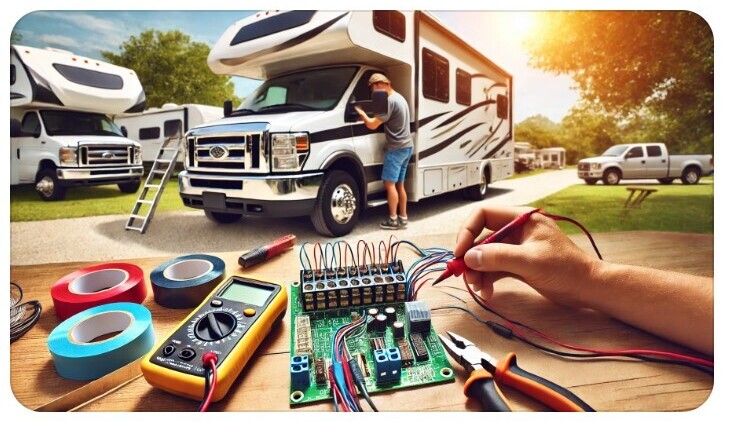
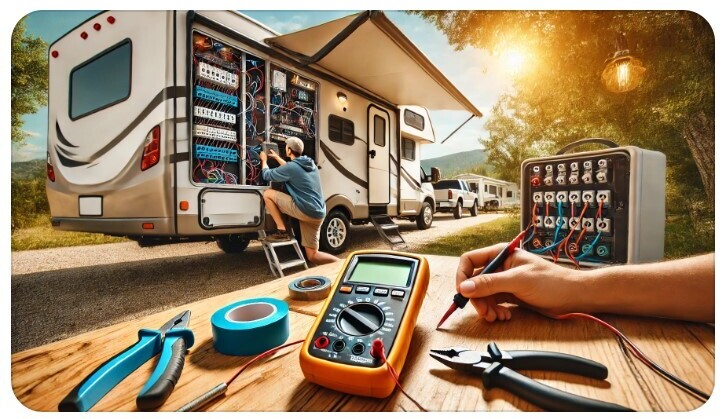
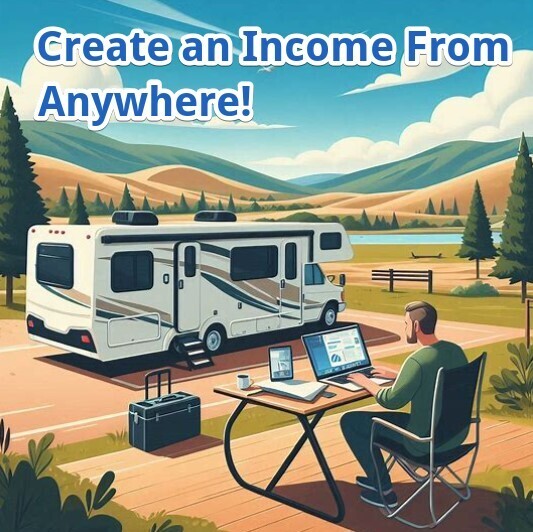
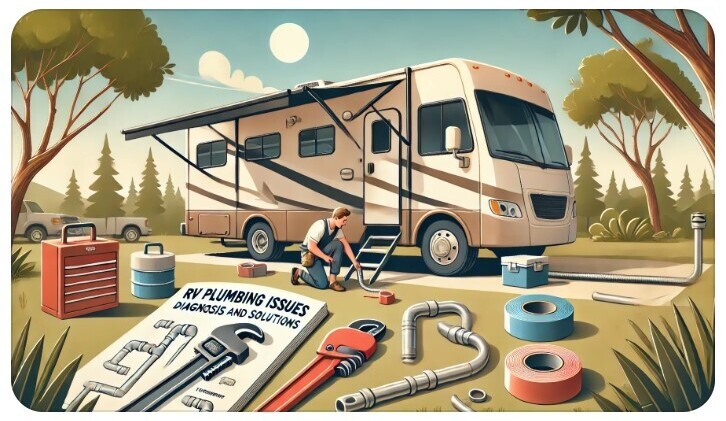
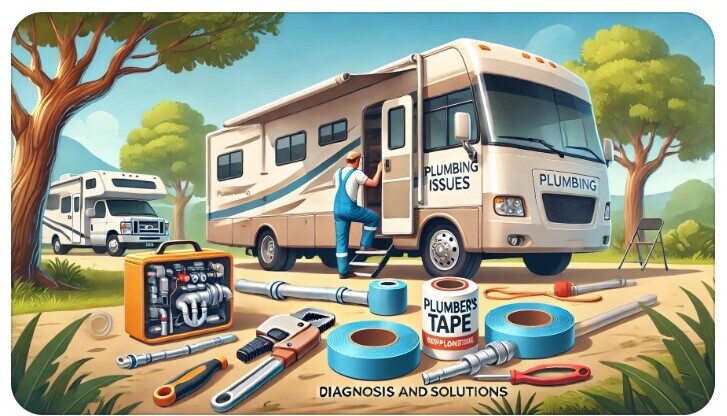
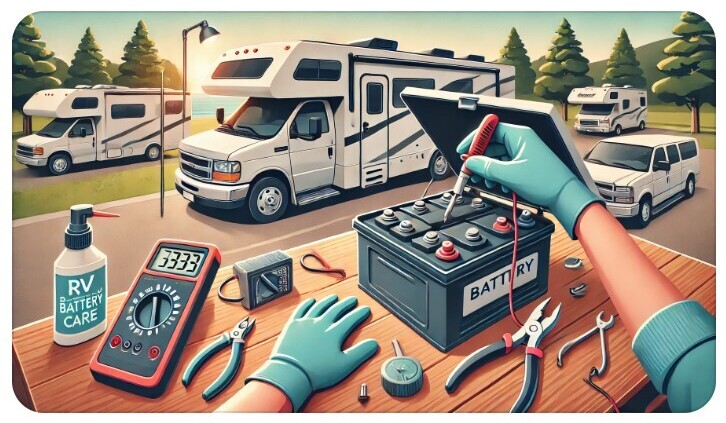
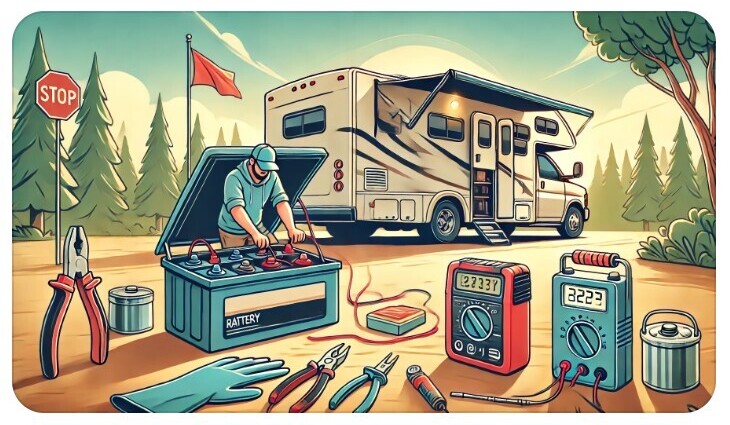
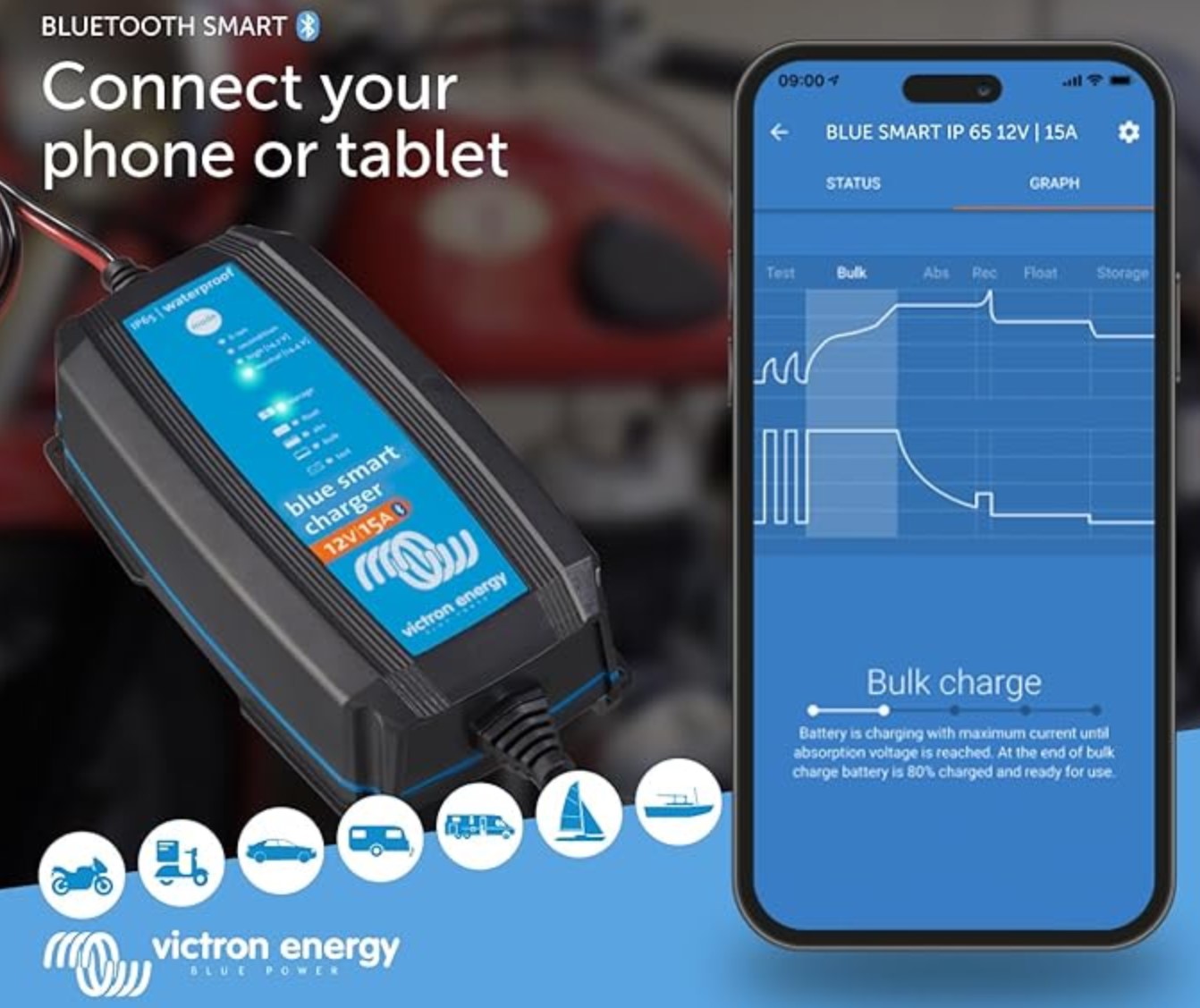
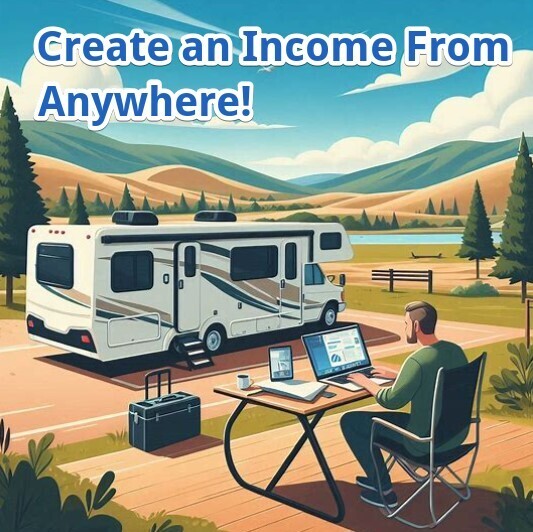
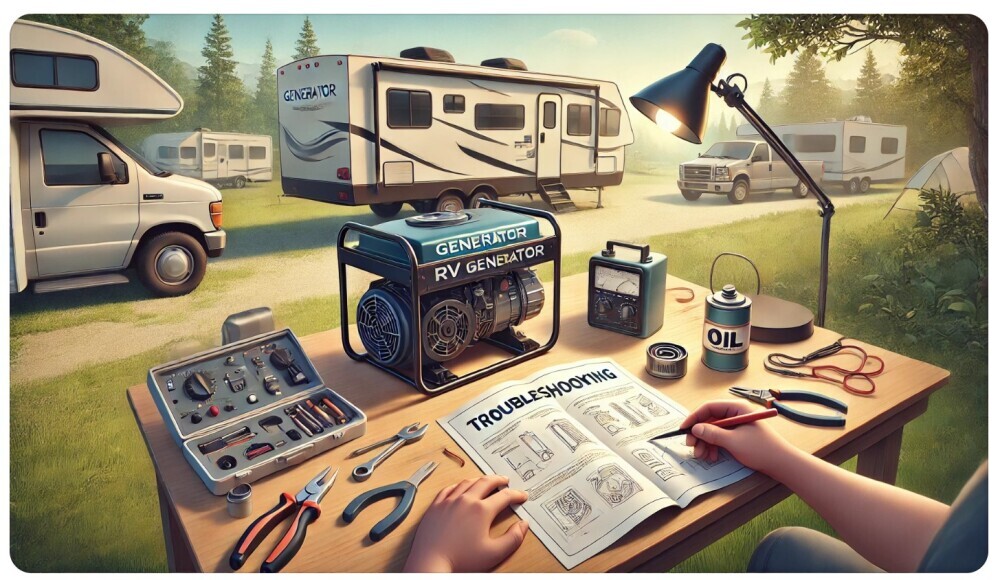
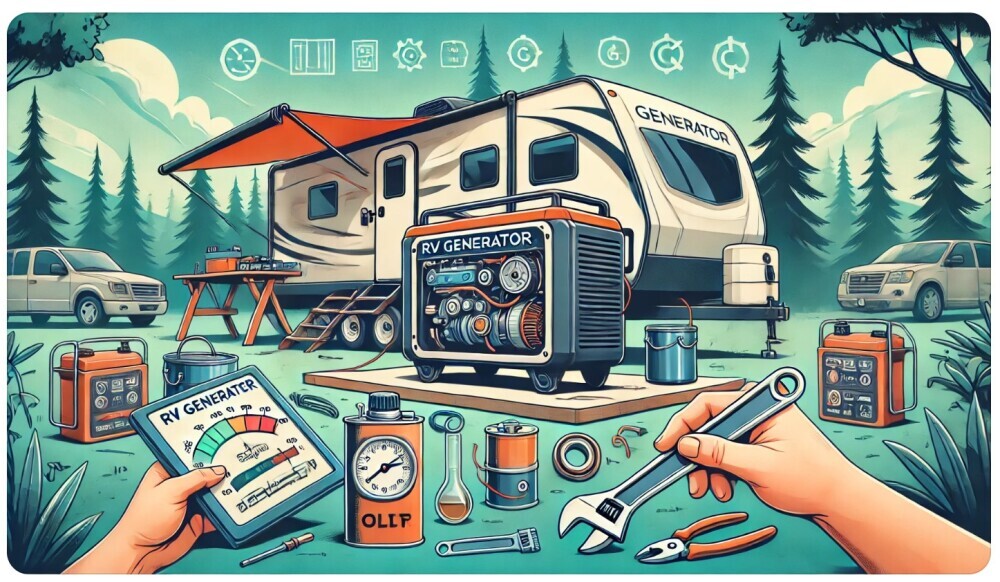
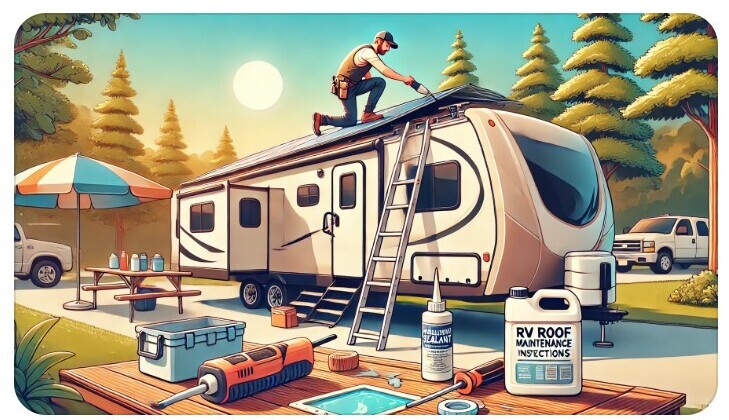
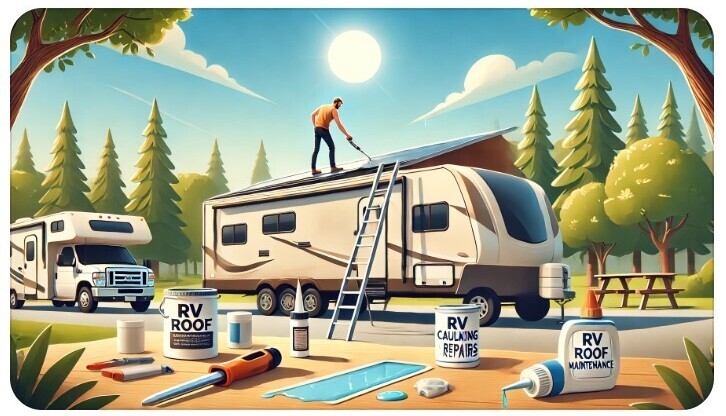
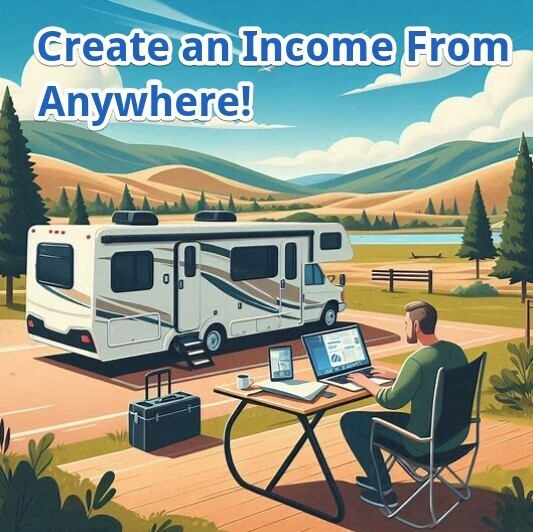
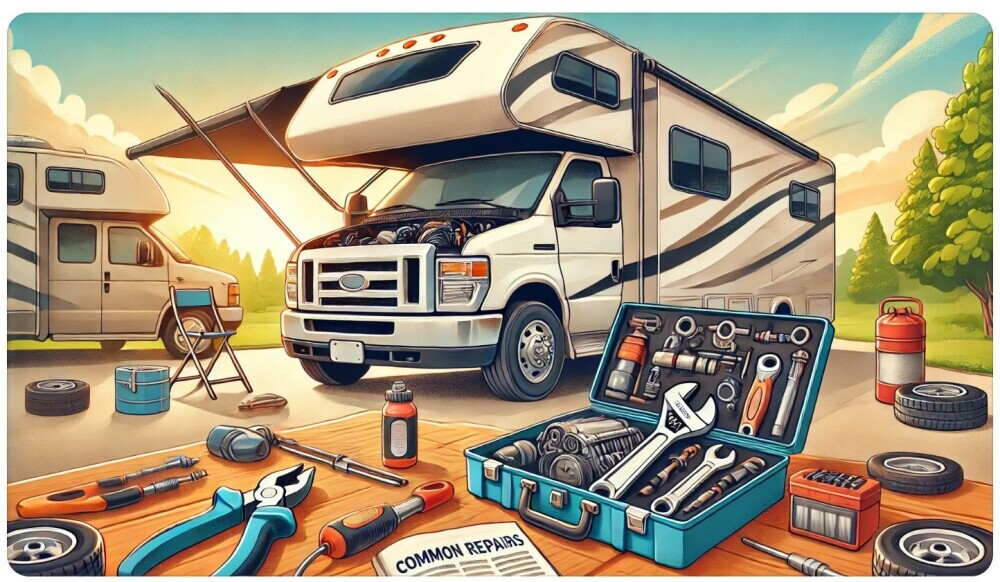
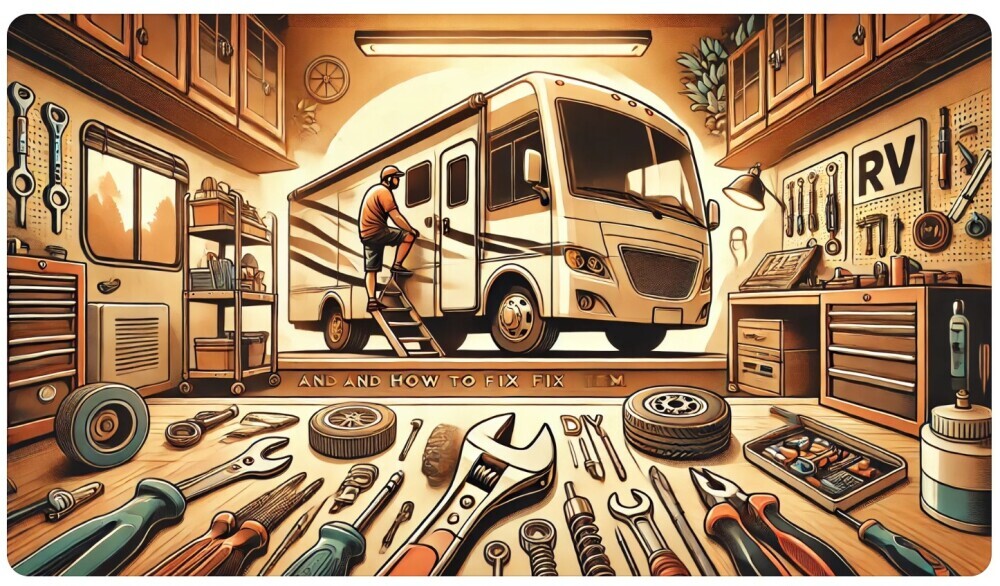
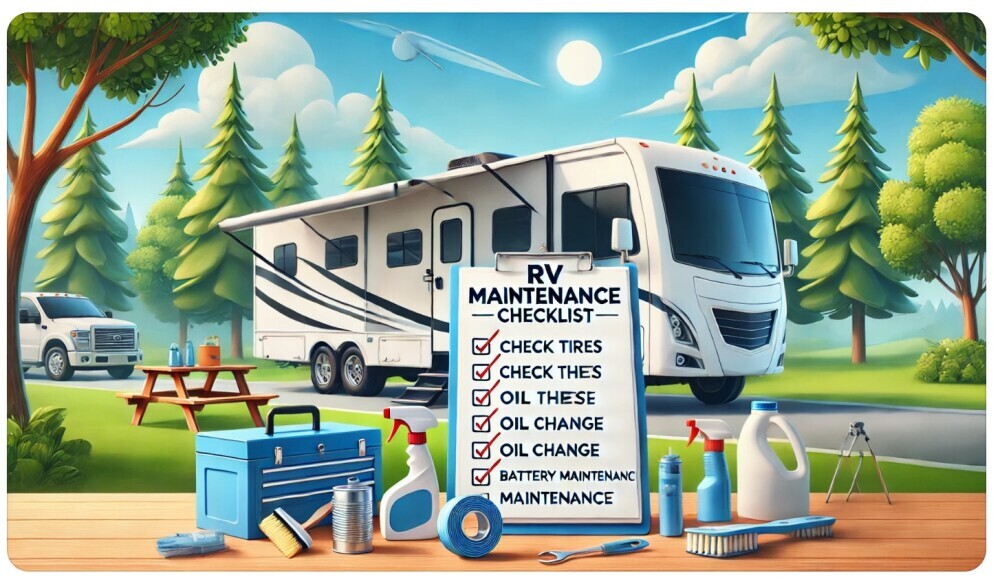
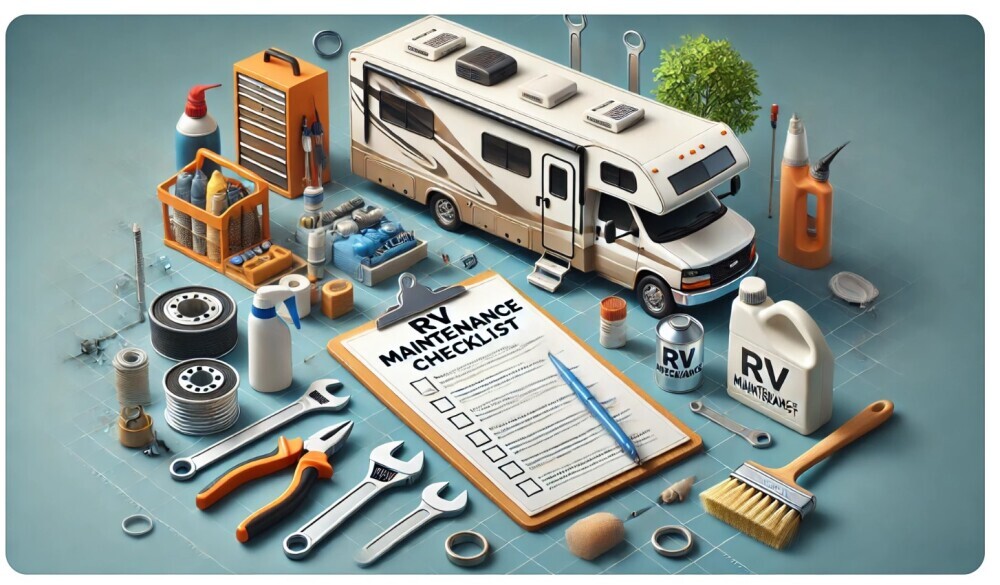
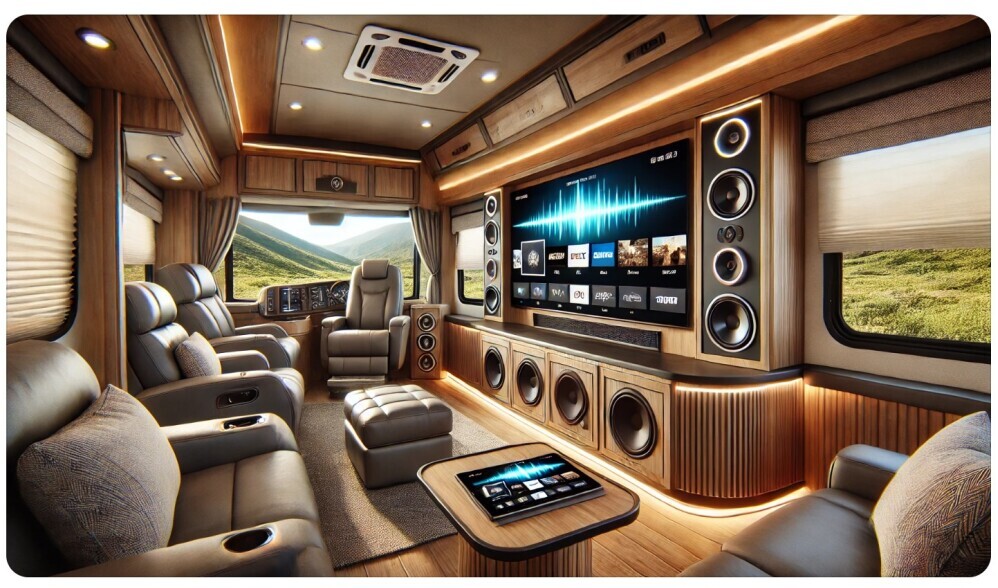
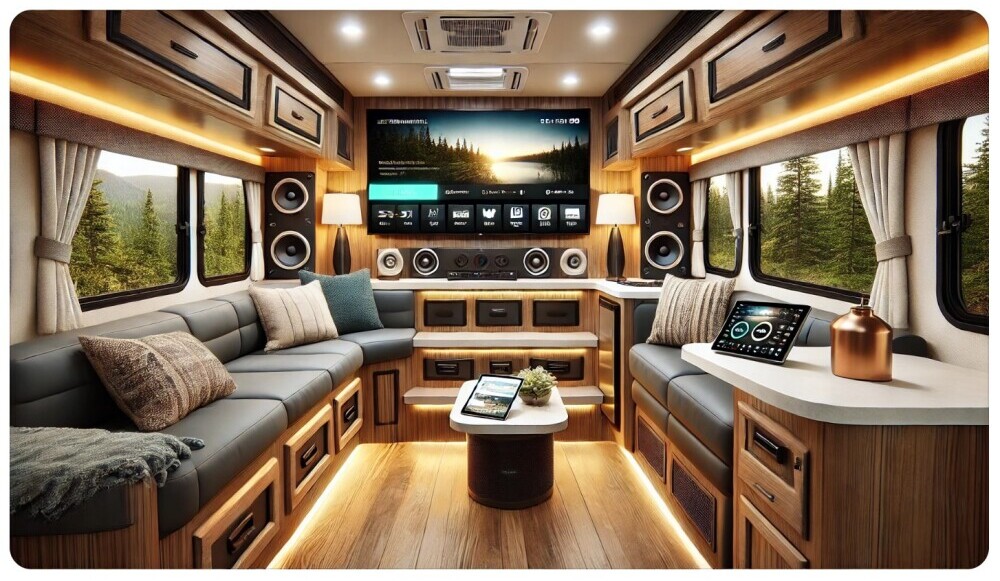
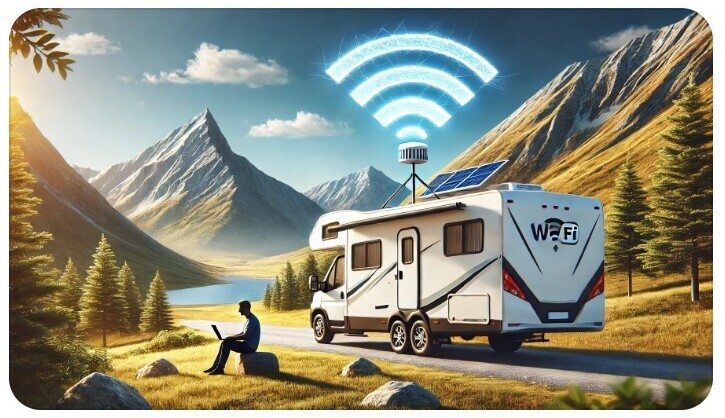
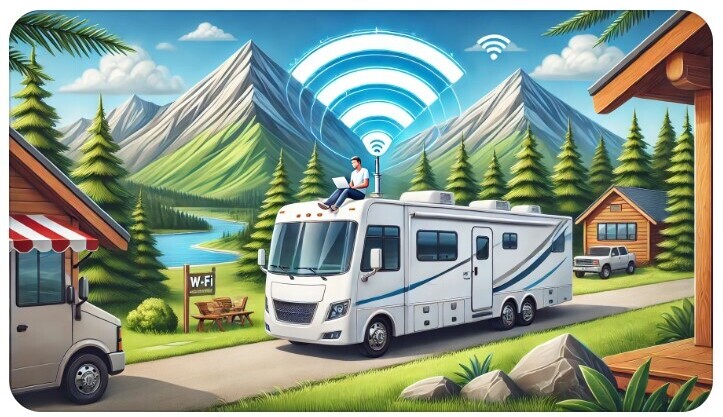


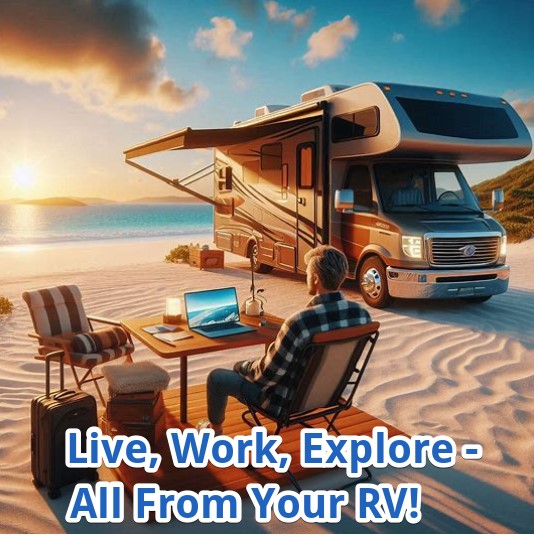
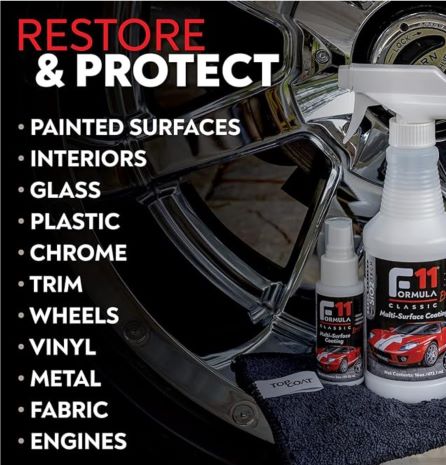
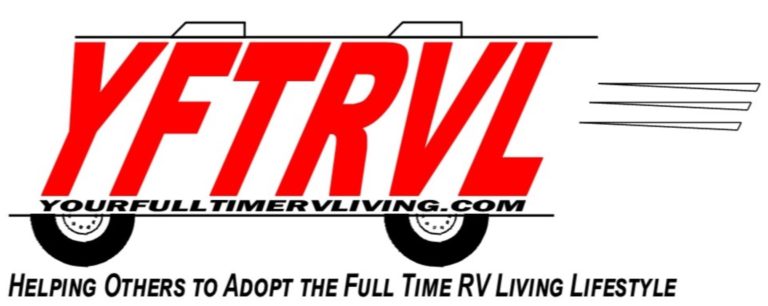



Recent Comments